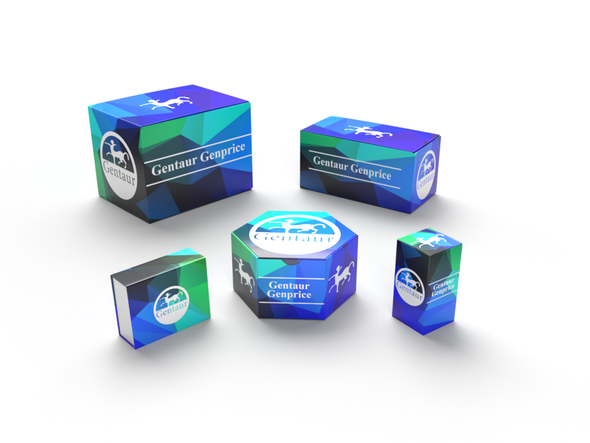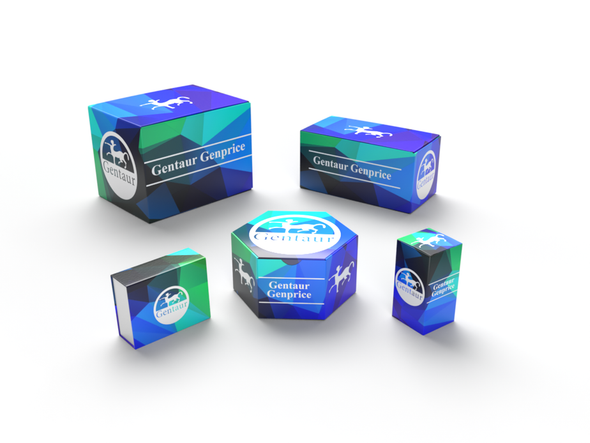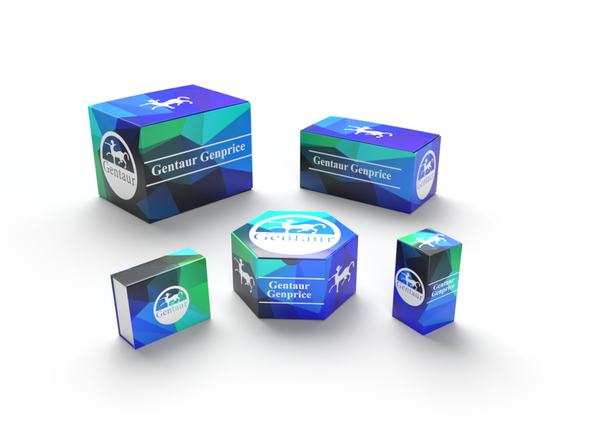Description
Mouse Anti-Human DNAM-1 Antibody | 101-M382 | Gentaur UK, US & Europe Distribution
Species: Anti-Human
Host / biotech: Mouse
Comment: N/A
Label: N/A
Clone / Antibody feature: (#1X20)
Subcategory: Monoclonal Antibody
Category: Antibody
Synonyms: CD226; PTA1; DNAM1; DNAM-1; TLiSA1
Isotype: IgG1
Application: WB, N
Detection Range: N/A
Species Reactivity/Cross reactivity: Human
Antigen: recombinant human DNAM-1 EC domain
Description: DNAX accessory molecule1 (or DNAM1), also known as CD226, is a 65 kDa type I transmembrane glycoprotein in the immunoglobulin superfamily. Mature human DNAM1 contains a 236 amino acid (aa) extracellular domain (ECD) with two Ig-like C2 set domains and a 61 aa cytoplasmic region that contains motifs for binding PDZ domains and band 4.1 family proteins. Within the ECD, human DNAM1 shares 50% and 52% aa sequence identity with mouse and rat DNAM1, respectively. DNAM1 is expressed on multiple lymphoid and myeloid cells and interacts with CD155/PVR and Nectin2/ CD112. Ligation of DNAM1 promotes the activation of NK cells, CD8 + T cells, and mast cells, dendritic cell maturation, megakaryocyte and activated platelet adhesion to vascular endothelial cells, and monocyte extravasation; it inhibits the formation of osteoclasts. Platelet-endothelium interactions mediated by DNAM1 enable the metastasis of tumor cells to the lung. In activated, but not in resting NK, T, and mast cells, the cis association of DNAM1 with CD18 contributes to the tyrosine and serine phosphorylation of DNAM1 during activation.
Purity Confirmation: N/A
Endotoxin: N/A
Formulation: lyophilized
Storage Handling Stability: Lyophilized samples are stable for 2 years from date of receipt when stored at -20°C. Reconstituted antibody can be aliquoted and stored frozen at < -20°C for at least six months without detectable loss of activity.
Reconstituation: Centrifuge vial prior to opening. Reconstitute the antibody with 500 µl sterile PBS and the final concentration is 200 µg/ml.
Molecular Weight: N/A
Lenght (aa): N/A
Protein Sequence: N/A
NCBI Gene ID: 10666










